“My whole family was shocked that we were able to keep the house.”
-Alveana
Wills/Probate Law
The process of passing wealth between generations is fraught with danger and difficulty. If done incorrectly, that accumulated wealth is lost by the family forever. There’s also a high likelihood for fraud and abuse; if there’s conflict in the family at the time of passing one sibling might hide or destroy the correct will, forge a new will, or refuse to properly probate the assets. All these actions have the result of denying the rightful owners their property, and without legal help there’s essentially nothing the victims can do to reclaim their property.
Featured Story: Alveana Cox
Alveana’s mother created a trust to ensure that her children could inherit the family house, but she fell into dementia in her old age and took the house out of the trust right before her death. Now nobody owns the house, and Alveana and her sister are worried the house will be taken away.

Understanding the Issue
Wills
Half of all Americans die without a will, and nearly all of poor American households do. Often though, low-income persons die with a significant asset, such as a house, that they want to pass onto their children. To ensure that this happens, a person needs to write a will and/or trust, the will needs to be properly found and probated by the descendants, and then needs to survive any will contests. Many things can go wrong at each stage and without legal help, probably will.
Trusts
Trusts allow property to be passed between generations without having to go through the cost and delay of probate, and for that reason is generally preferred to a will. Probate administration can delay the transfer of assets for up to a year and cost up to 5% of the value of the estate. Going through probate also requires notifying all the decedent’s creditors, so they can extra any outstanding balances out of the estate. Since almost all low-income households lack a will, let alone a trust, any large estates by default ends up in probate – and huge sums of wealth that could go towards the next generation instead goes into court fees, legal fees, probate fees, and the like.
Guardianship
The responsibility for the care and protection of minors is distributed around several courts. Dependency court determines if a child should be removed from their parent by child protective services. Family court determines how custody arrangements between parents should be arranged. Probate court determines if someone should be appointed as a guardian over a child. Guardianship is usually necessary whenever someone wants to protect and raise a child, who isn’t the parents – a situation all too common in poor households. Unfortunately, without legal aid, most custodians never become guardians, making it hard for them to place the children in schools, obtain medical care, or deal with the authorities.
Conservatorships
Conservatorships are very similar to guardianships, but for disabled adults. Like guardianship, probate court reviews petitions to determine if someone is disabled enough to warrant a conservator. The process is exceptionally complicated: there are a variety of reviews, approvals, and notices that must be filed and served. The process takes months, even with legal help – and without legal help is very difficult to complete. This has many effects, and for example hampers the ability of the poor to care for their parents in their old age.
All Wills/Probate Stories
No Results Found
The page you requested could not be found. Try refining your search, or use the navigation above to locate the post.

